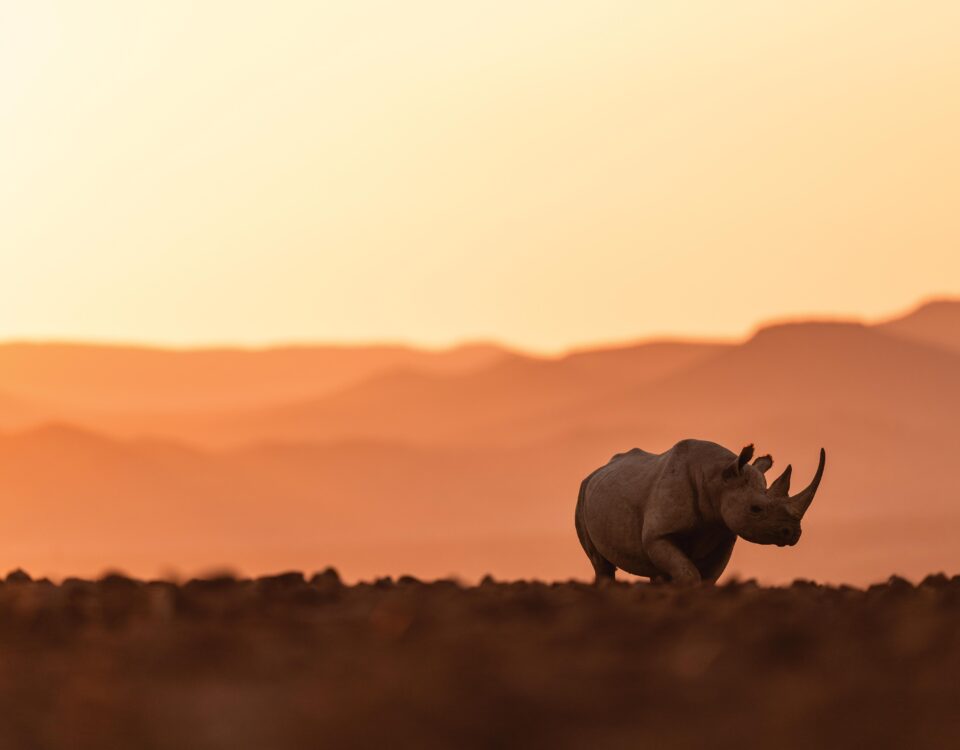“We must tempt our guests to spend more time at one place by offering them a package that will make it worth their time and effort, which in turn will leave a lighter carbon footprint.”
Stephan Brückner, MD of Wolwedans, says this ties in with the principles of sustainable tourism. “It is essential to not only talk about green credentials, but also to be committed to them, because this will be what our future guests expect.
Wolwedans, as a founding member of Long Run Destinations, is committed to balancing the Four Cs – Community, Culture, Commerce and Conservation. To this end the Board of Wolwedans has pledged to plough one third of its profits back into the Wolwedans Foundation, the vehicle through which we practise what we preach – through NICE, the Namibian Institute for Culinary Education; the Wolwedans Desert Academy for Vocational Training; and through small enterprise development and sports funding. In sixteen years we have not paid out a single dividend – every cent has been ploughed back.
“On the conservation front, apart from operating as green as it gets, our envisaged solar hybrid power system is set to reduce fossil-fuel consumption by 70% and we employ the lowest possible impact construction methods while offering top-class facilities. Since the inception of the NamibRand Nature Reserve, over N$10 million has been earned through the collection of park fees and put into the management and maintenance of the reserve.
“In terms of shaping our product, we take a long-term approach. You can build the most beautiful lodges with the most charming interiors, but the most important aspect is still the people who run them. We are continuously upgrading our product. Over the past few years alone we have spent N$4 million improving what we have without adding a single bed. At the same time we have invested an equal amount in human capital in the shape of NICE and the Wolwedans Desert Academy. It is now year four, and we are slowly reaping the fruits of vocational training. For the first three years we did this on our own; in 2011 we received Millennium Challenge Account funding to give the effort a boost.
“We are blessed with a unique natural product on NamibRand. Service can only be good if the people delivering it are well trained. Only then do the beauty of the lodges, guiding and the cuisine come into play. We know we are still a long way from being where we want to be as regards our service standards. But we are working towards this, because service is an integral part of our product.”
Stephan took the conscious decision to resist – as a lodge operator – the temptation of creating one circuit. “We would rather team up with lodge owners who have products of a similar standard. Now we pool our marketing budgets and our promotional efforts and resources, because we sell similar products in different places. The marketing umbrella of Classic Safari Camps of Namibia provides this platform.
“Our plans for the future are to expand our activities in southern and south-western Namibia, to build a boutique hotel next to NICE, and an upmarket guest farm south of Windhoek. And since the future in Namibia is an ongoing commitment for vocational training, this will be one of our focus points.”
This text was originally published in the June/July 2011 Travel News Namibia publication




